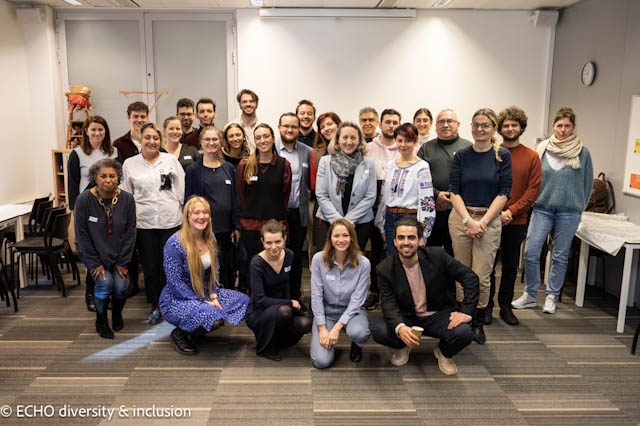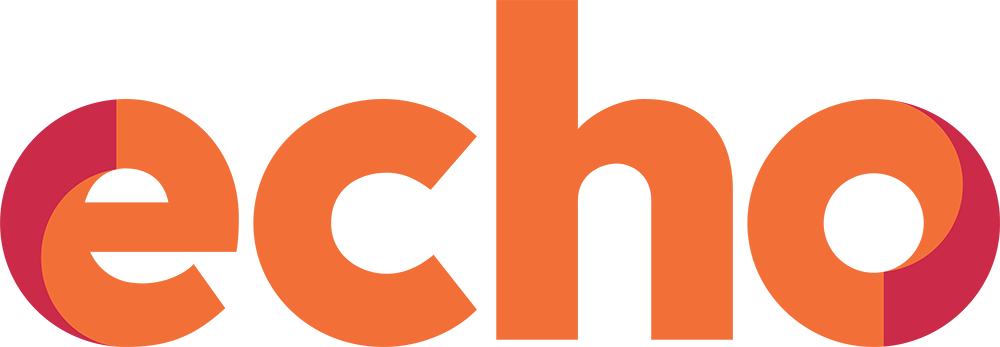BWSE FOR30
Bologna with Stakeholders Eyes For a Stronger Future of the Bologna Process
Background
The European Higher Education Area (EHEA) and the Bologna Process are a voluntary process building an area with the use of common tools shaped as higher education reforms in order to foster mobility and employability. The European Students’ Union has been reviewing the implementation of the Bologna Process since 2003 with the Bologna with Student Eyes (BSWE) publication in order to bring students’ voice to the Ministerial tables.
This publication explores the perception of implementation amongst ESU’s members operating in the EHEA countries and seeks to bring attention to the students’ priorities and recommendations for the future of the Bologna Process.
The overall goal is to update the latest version of Bologna with Students’ Eyes publication (2020), analysing the new scenario, requirements for education and training and implementing it from the students’ perspective in cooperation with stakeholders. Students across EHEA Countries still believe in the Bologna process reforms but it is necessary to provide a critical overview in order to bring more coherence to HE systems. The project intends to support external researchers, including technicians and experts required to analyze the information collected in assembling BWSE 2030.
By involving other stakeholders and countries, this project allows cross-disciplinary and cross-border cooperation in order to enable higher education to fully play its role in meeting the challenges faced by our societies.
The BWSE FOR2030 project is co-funded by Erasmus+ and coordinated by the European Students’ Union. The consortium also includes the following partners:
- European Association for Quality Assurance in Higher Education (ENQA)
- European University Association (EUA)
- European Association of Institutions in Higher Education (EURASHE)
- Croatian Ministry of Education and Science
- North Macedonian Ministry of Education and Science
- Dutch Ministry of Education, Culture and Science
- Associate partner: ECHO Expertise Centrum Diversity Policy
The project runs from August 2022 until August 2024.

Building on the work of the first round of the project BWSE FORward, the follow-up project BWSE FOR2030 aims to continue supporting the implementation of reforms in the European Higher Education Area. It will do so through the following activities:
- Three rounds of peer-learning activities (PLAs) that will address the themes typically covered by the Bologna with Student Eyes publication, with a strong focus on mutual learning and practice exchange;
-
-
- PLA1 “Towards an inclusive EHEA by 2030”, 16-17 February 2023, The Hague by The Dutch Ministry of Education, Science and Culture and ECHO
- PLA2 “Towards an innovative EHEA by 2030”, 20-21 April 2023, Zagreb
- PLA3 “Towards an interconnected EHEA by 2030”, June 2023, online
-
-
- Focus groups in combination with EHEA stakeholder consultations;
- A survey inviting higher education institutions and public authorities to reflect on their institutional/national approach to implementing the Bologna reforms in all its areas;
- A set of policy recommendations developed ahead of the Tirana Ministerial Conference in 2024.
Recap Peer Learning Activity 1 – Inclusion
The Dutch Ministry of Education, Science and Culture and the Dutch Center for Diversity Policy (ECHO) hosted the first PLA “Towards an Inclusive EHEA by 2030” in The Hague, Netherlands, on 16- 17 February 2023.
As the exchanges and sharing of experiences on Day 1 of the event demonstrated, there was a broad and diverse understanding among participants of what the terms “diversity” and “inclusion” (D&I) encompass in a higher education context. Understandings of these concepts referred to inequalities and inequities due to age, gender, race, sexual orientation and identification, and native language; scholars and students at risk and in a situation of displacement; staff and students of various socio- economic, confessional and cultural backgrounds, as well as first-generation students; students and staff with special needs or mental health issues. Other aspects related to the understanding of the inclusion term which were mentioned were needs arising in the context of internationalised higher education and inclusive mobility, students’ and other stakeholders’ involvement in governance and decision-making processes; financial inequities at individual, institutional and national levels; and the hegemony of Western European cultural and academic norms.
These experiences and background-based understandings of D&I were underpinned by sessions during which participants explored and discussed various theoretical frameworks, concepts and research on D&I in policy and practice.
Finally, participants deepened their understanding of D&I issues through several interactive sessions. These sessions fostered critical self-reflection, constructive dialogue and group work to jointly carve out key obstacles and solutions to foster D&I in European higher education at different levels.

